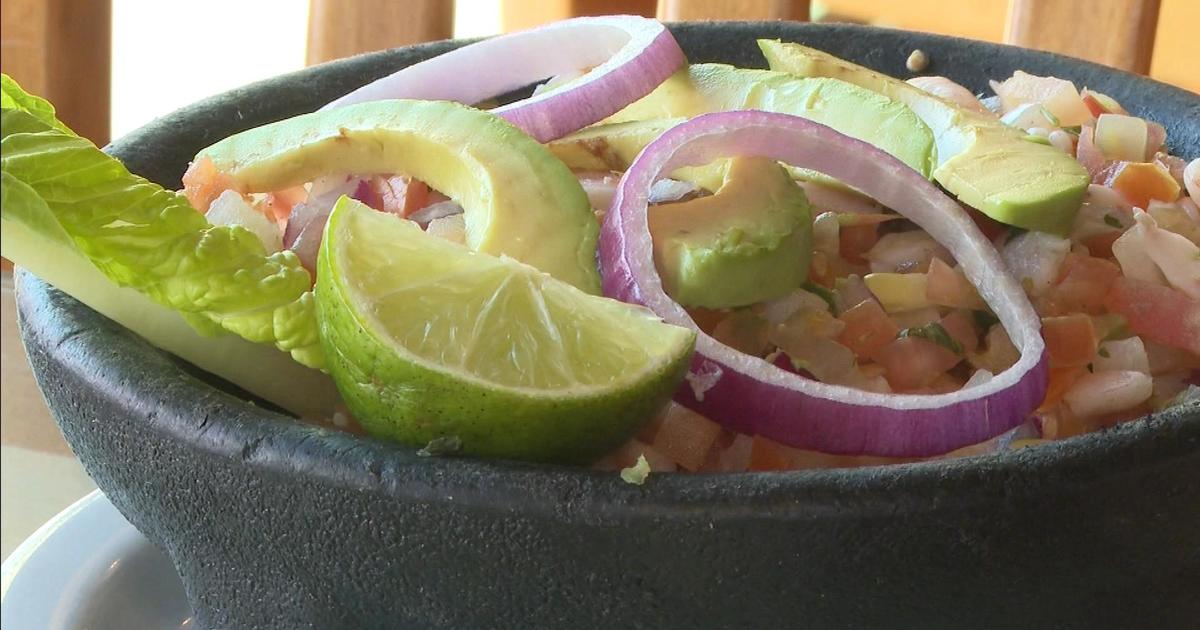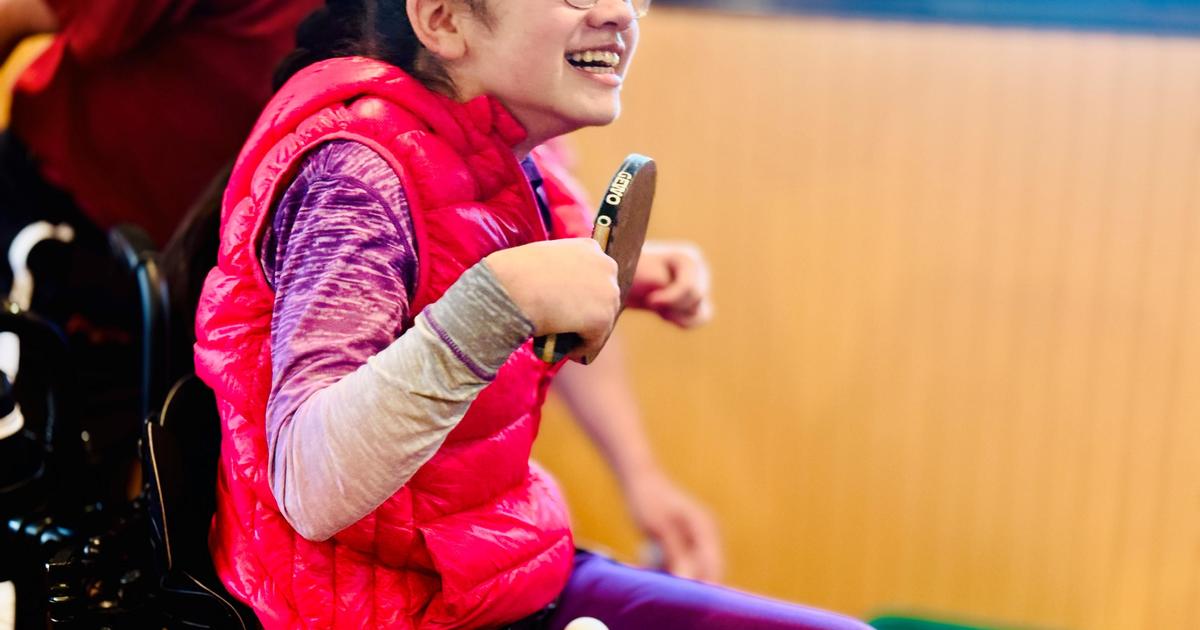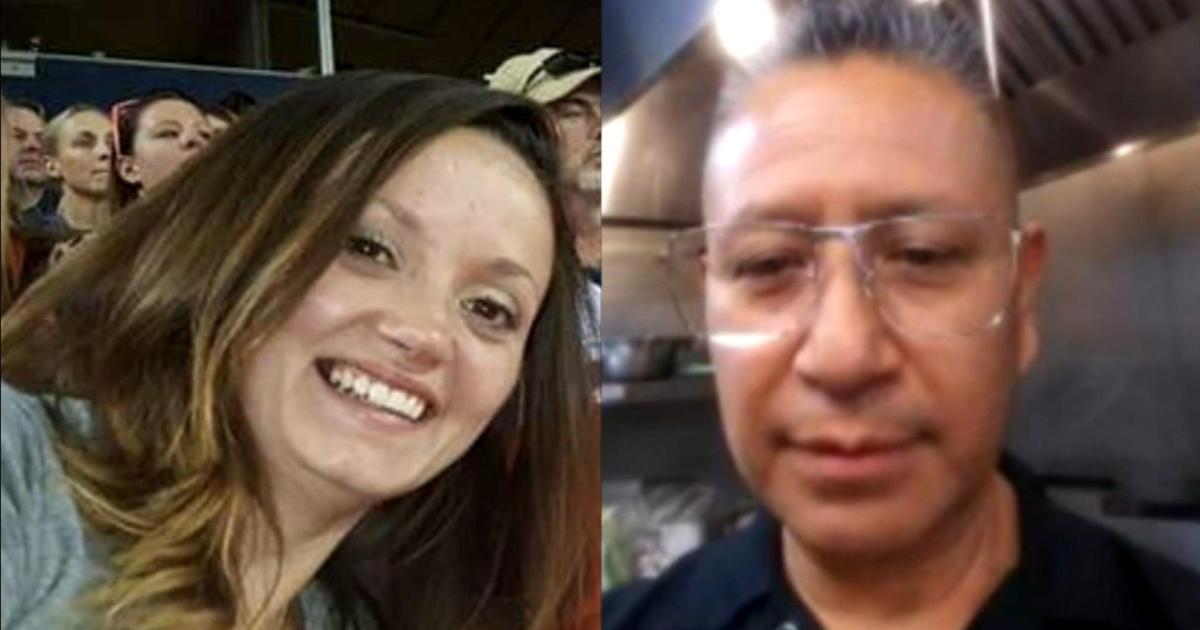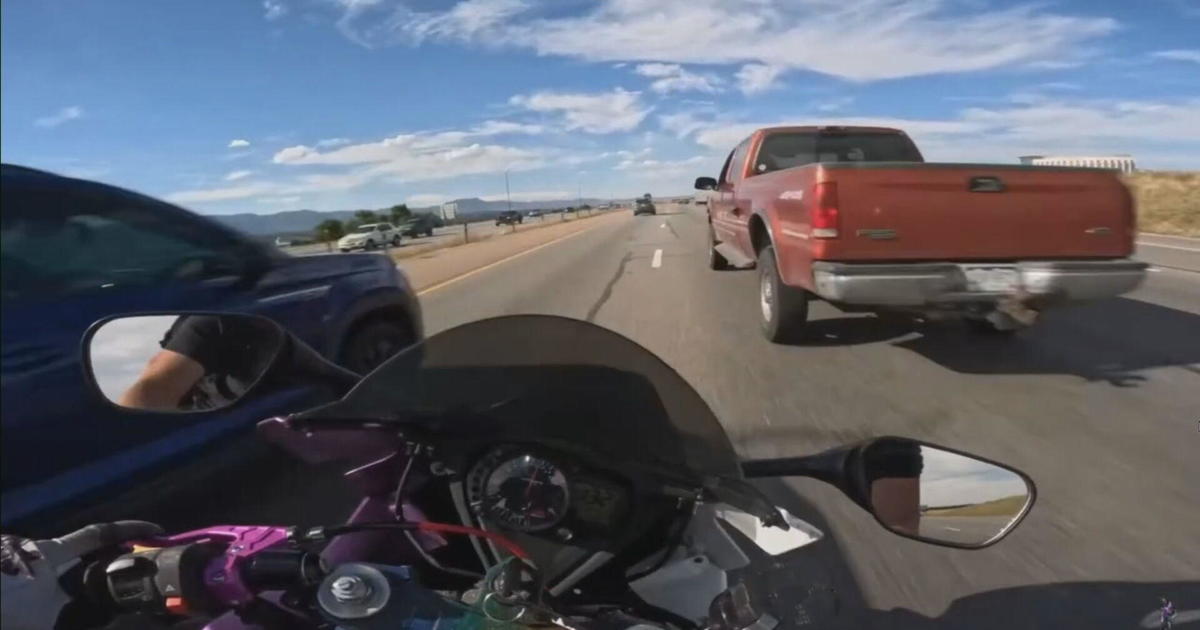Proposition 103 Headlines Colorado's Off-Year Elections
DENVER (AP) — Colorado voters were deciding a crucial test for schools Tuesday in the nation's only statewide tax question on ballots this fall.
The proposal to increase income taxes and sales taxes for five years to raise nearly $3 billion to shore up schools buffeted by years of budget cuts was far from certain. Some considered it an indicator of whether taxpayers hurting from an economic downturn would raise taxes in the face of painful budget cuts.
Colorado's Proposition 103 has elicited sharp condemnation from many state Republicans. However, many leading Democrats and some voters seemed undecided about the idea.
"It might be a good idea, but I don't know," said 44-year-old Mike Tiderman of Denver, who voted against Proposition 103. "I understand the plight of schools and everything, but personally, I don't want to pay more taxes right now."
RELATED: Reality Check: Proposition 103
Nearby, another Denver voter had the opposite reaction.
"Absolutely, I support it," said 70-year-old Susan Davies. "Anything I can do to enhance the quality of education, I'll do it."
The schools tax question leads a slate of otherwise local questions for Colorado voters. Turnout was expected to be extremely light, both because of the lack of political races and Colorado's odd political calendar. Unlike most states, Colorado races are not rescheduled for the second Tuesday in November when Halloween falls on a Monday, as it did this year. So quite a few voters interviewed Monday said they had no idea there was an election.
As of Monday afternoon, more than 750,000 Coloradans had already voted in the mostly mail-in elections. The Colorado Secretary of State's office said ballots have been returned from 315,333 registered Republicans and 251,765 registered Democrats. There were 183,866 ballots from unaffiliated voters by Monday afternoon.
By comparison, about 1.8 million Coloradans cast ballots last year in a midterm election.
Proposition 103 would raise individual and corporate tax rates from 4.63 percent to 5 percent and Colorado's sales and use tax rate from 2.9 percent to 3 percent. The rates would be in effect from 2012 through 2016, with an estimated $2.9 billion in new revenue during that time going to K-12 schools and public colleges.
Because Colorado's state constitution forbids lawmakers to raise taxes, the higher tax rates were petitioned onto ballots thanks in great part to the efforts of Democratic Sen. Rollie Heath. Other Democrats, including Gov. John Hickenlooper, have declined to get behind the idea.
The schools tax question was the only statewide matter to be decided Tuesday, but there were plenty of local questions sparking some political intrigue. Among them:
— Denver was deciding whether to become the nation's fourth city to require employers to provide paid sick leave. The suggestion was pushed by a worker's advocacy group, but it elicited strong opposition from business owners and even the mayor and Hickenlooper, a former restaurant owner.
— Fort Collins was deciding whether to ban medical marijuana shops and growing sites.
— Boulder was deciding whether to create a municipal utility.
— Aurora, the state's third-largest city, was electing a mayor. The candidates included former Republican congressional candidate Ryan Frazier.
By KRISTEN WYATT, Associated Press
(© Copyright 2011 The Associated Press. All Rights Reserved. This material may not be published, broadcast, rewritten or redistributed.)



